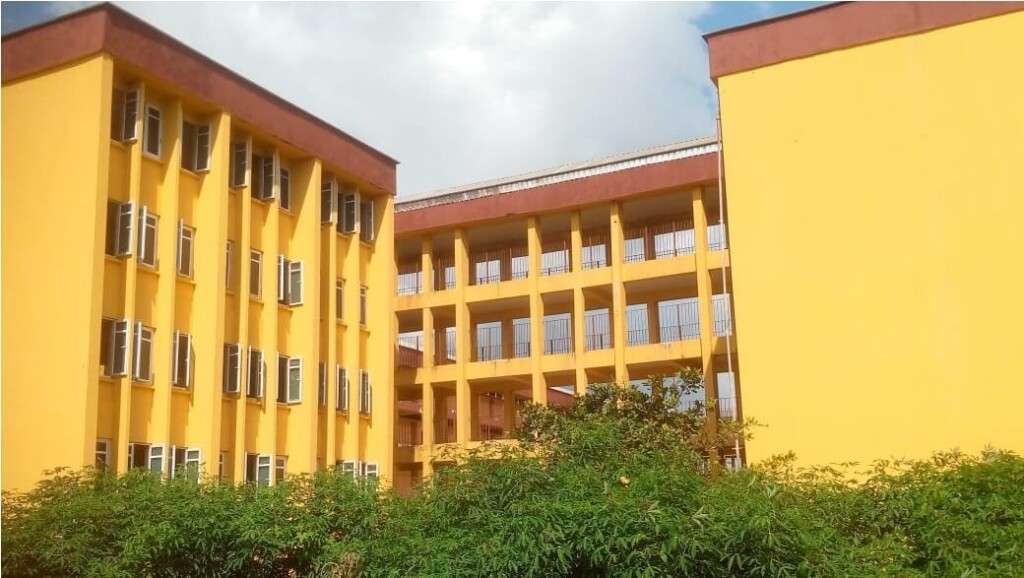The Federal Government is initiating a nationwide construction project to improve the living conditions of students in higher institutions. The first step begins today with the groundbreaking ceremony for a 1,600-bed hostel at Akwa Ibom State University.
The Tertiary Education Trust Fund (TETFund) is leading this ambitious project, structured as a Public-Private Partnership (PPP). Sonny Echono, Executive Secretary of TETFund, disclosed that 12 institutions have been allocated N1 billion to provide counterpart funds for the project.
“Under the 2024 intervention cycle, based on the President’s approval, 12 institutions (six universities, three polytechnics, and three Colleges of Education) were identified and selected to benefit from the N1 billion allocation, which will be utilized as equity contribution in partnership with private developers to construct hostels,” Echono stated.
While the Africa Plus Partners, in collaboration with Akwa Ibom State University, will launch the construction of the 1,600-capacity student hostel today, Echono clarified that not all institutions would benefit from the PPP arrangement. Twenty-four other institutions will be awarded direct contracts for hostel construction.
The Federal Government has earmarked N24 billion for the project, while the private sector is expected to contribute N72 billion, highlighting the government’s commitment to improving student facilities and fostering public-private collaboration in the education sector.
However, the Academic Staff Union of Universities (ASUU) has voiced concerns over the neglect of the country’s education sector by successive governments, asserting that Nigeria’s education budget ranks the lowest in West Africa. ASUU’s National President, Prof. Emmanuel Osodeke, called for an upward review of the Education Tax to 10 percent, which could increase TETFund’s funding from N600 billion yearly to N3 trillion.
“We have surveyed West African countries. The least budgetary allocation to education by any country in West Africa is 15 percent. The highest is 32 percent. We are in a country where we give 4.5 to 7 percent, out of which less than 70 percent is released. But the Obafemi Awolowo government was allocating over 30 percent to education,” Osodeke stated.
He commended Enugu, Abia, and Oyo states for earmarking more than 20 percent of their budgets to the education sector, emphasizing the need for increased investment in education to foster a thriving academic environment and nurture the nation’s future leaders.





